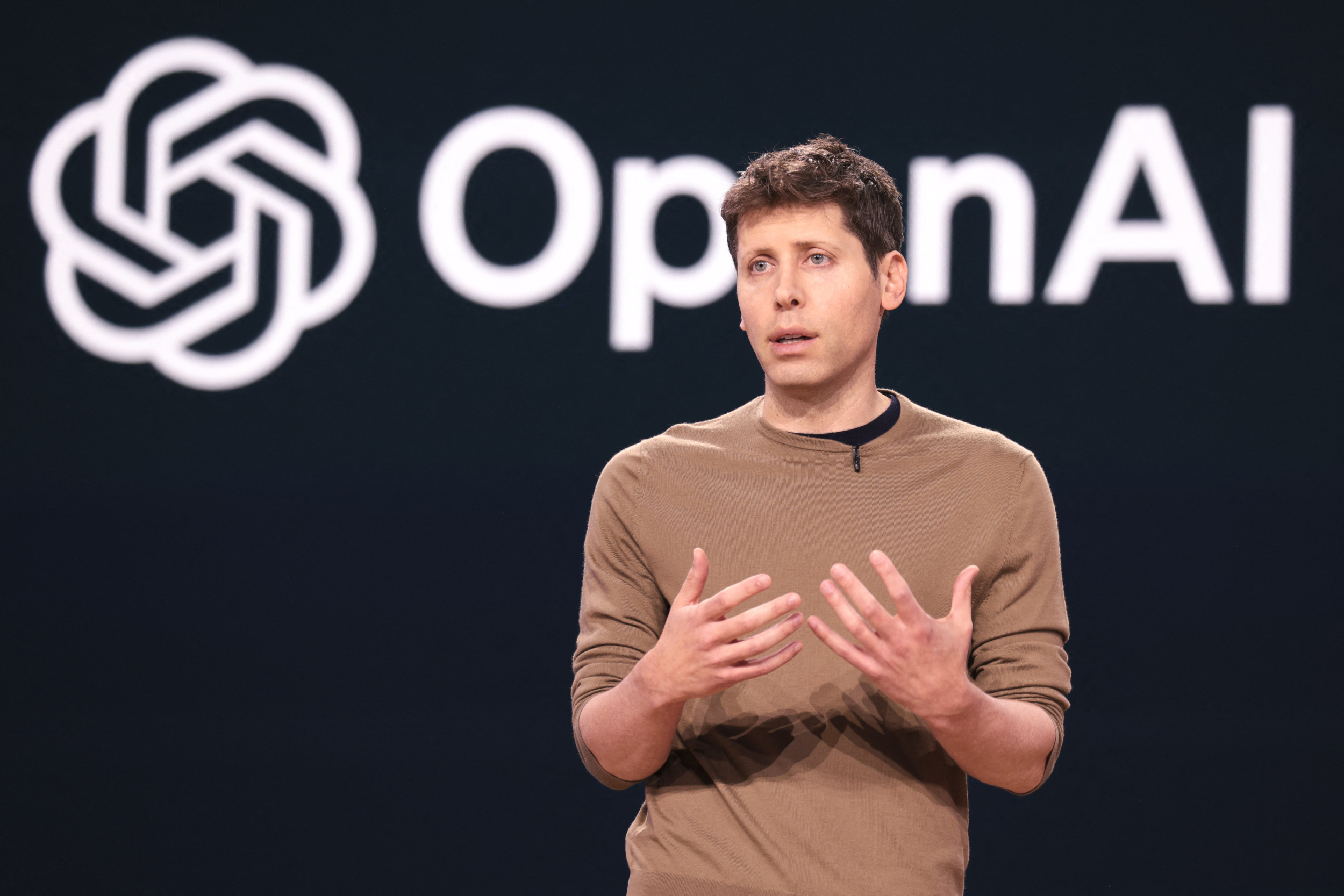Saying “Please” to ChatGPT is Costing Millions—But Should We Stop?
In a recent statement, OpenAI CEO Sam Altman revealed a surprising cost buried in user behavior: the simple act of saying “please” and “thank you” to ChatGPT is contributing to tens of millions of dollars in added electricity and computing expenses. With more than 800 million weekly users, what seems like harmless politeness is compounding into a significant environmental and operational concern.
This story isn't just a quirk of human behavior—it’s a lens into the sustainability challenges of large-scale AI deployment. As digital tools grow increasingly embedded in our daily lives, users and developers alike must ask: what are the unseen consequences of how we interact with them?
The Hard Numbers Behind Soft Words
Let’s start with the data.
A single AI-generated email consumes approximately 0.14 kilowatt-hours (kWh) of electricity—roughly the energy required to power 14 LED lightbulbs for one hour. On an annual basis, even light AI usage (like generating one email per week) equates to 7.5 kWh per user. That’s the same amount of energy used by nine Washington D.C. households in a single hour.
These numbers come from publicly available research and environmental modeling. When you factor in millions of users, the impact of extra processing caused by longer, more conversational prompts—including polite phrases—becomes difficult to ignore.
Altman’s remarks bring to light a rarely discussed facet of AI adoption: every character, word, and sentiment we send to a model like ChatGPT is ultimately translated into physical activity in data centers powered by electricity—much of it still non-renewable.
Why Are So Many Users Polite to AI?
Behavioral research cited in multiple sources shows that approximately two-thirds of users frequently use polite language with chatbots. The reasons vary widely:
- Habitual speech: People tend to replicate natural conversational patterns, even when speaking to machines.
- Social modeling: Some users maintain politeness while using AI in front of children or colleagues.
- Ethical precaution: Around 12% of users, according to recent behavioral data, admit to being polite out of concern about future AI dominance or simply to avoid mistreating entities that may one day hold real decision-making power.
This trend underscores something deeper than etiquette. It touches on our psychological need to humanize the tools we rely on, as well as lingering anxieties about AI autonomy.
Competing Perspectives: Cost vs Connection
As conversations about sustainable tech accelerate, a growing divide is forming between two camps of thought:
Efficiency-Focused Realists
These advocates argue that we must minimize non-essential dialogue with AI systems. Their reasoning includes:
- Reducing computational load for large language models.
- Cutting energy usage and operational costs.
- Making AI more scalable and environmentally responsible.
They suggest prompt efficiency—short, stripped-down instructions—can significantly curb waste without compromising functionality.
User-Centered Designers and Researchers
Proponents of natural interaction take a different view. They believe:
- Politeness enhances the user experience, especially for less tech-savvy individuals.
- Human-style exchanges improve trust, comfort, and learning outcomes.
- These interactions could influence the long-term adaptability and emotional intelligence of AI systems.
They see value in treating AI like a conversational partner, especially as it becomes more embedded in fields like education, therapy, and care.
A More Informed Approach to AI Usage
So, what should users take away from this?
First, it’s critical to recognize that AI is not a “free” service, energetically speaking. Every interaction, even one that feels trivial, requires electricity, cooling, hardware use, and emissions. That doesn’t mean we must abandon politeness, but it does mean we should use it intentionally.
Responsible AI Use: Key Considerations
1. Be conscious of frequency and phrasing. If you’re making repeated queries, opt for clarity and conciseness when possible.
2. Teach digital literacy. Helping others understand that AI usage has environmental consequences builds a culture of informed interaction.
3. Push for green infrastructure. The broader issue isn’t user behavior alone—it’s that many data centers still run on carbon-heavy power. Demand better from the tech industry.
4. Support innovation in sustainable AI. Encourage development of models optimized for energy efficiency without compromising on conversational quality.
Ultimately, the burden of change lies not just with the user, but with developers, cloud providers, and policymakers who shape the infrastructure behind the tools we use.
Conclusion: Toward Ethical, Sustainable AI Interaction
There is no single “correct” way to talk to AI. Politeness, like any communication habit, exists in context. But in a world reckoning with climate change, seemingly small actions matter, especially when multiplied across billions of devices and users.
It’s time to move beyond simplistic binaries—kind or cold, verbose or efficient—and start thinking in terms of impact. Sustainable technology isn’t just about how we build. It’s also about how we use.
If we care about the future of AI—and the planet—then the most powerful word we can add to our vocabulary might not be “please.” It might be "enough."

